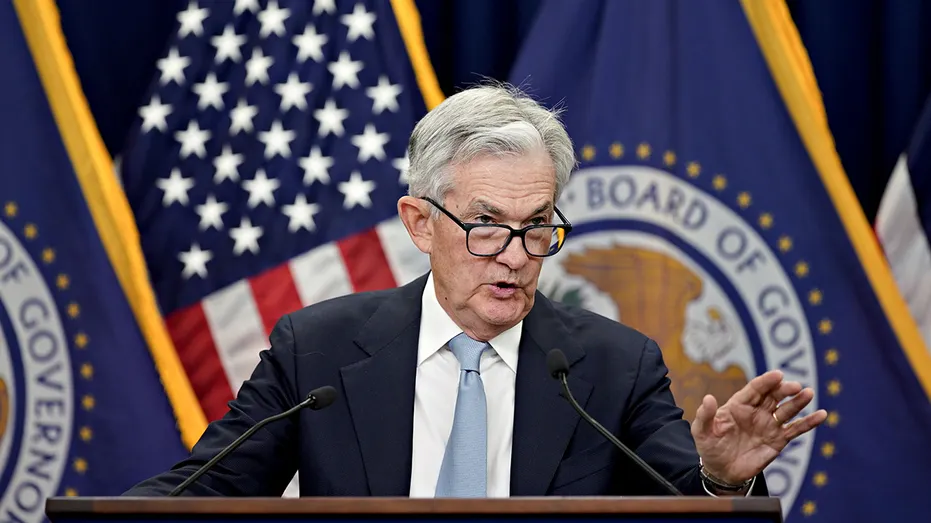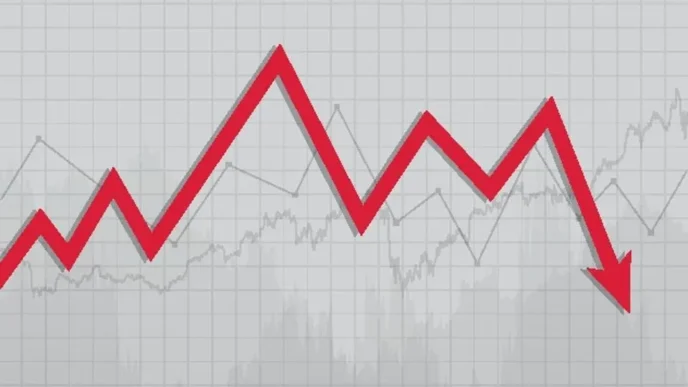Deciphering the Fed’s Next Steps Amid Economic Uncertainty
Following this week’s Federal Reserve meeting, Wall Street has been buzzing with varied forecasts concerning the future trajectory of U.S. monetary policy. Amidst the ongoing debate, most leading economists from top forecasting firms are aligning on the expectation that the central bank will likely reduce benchmark interest rates later this year. However, opinions vary significantly on the timing and extent of these potential rate cuts, highlighting the prevailing uncertainty in global financial markets.
Unpacking the Federal Open Market Committee’s Latest Signals
The May Federal Open Market Committee (FOMC) meeting concluded with mixed signals, causing analysts to ponder the Fed’s next moves. Goldman Sachs economist David Mericle described the meeting as “uneventful but dovish,” pointing out a contrast between the Committee’s hawkish recognition of persistent inflation and Chair Jerome Powell’s more dovish press conference remarks. This dichotomy has left predictions varied, with Goldman Sachs maintaining its forecast for two quarter-percentage-point cuts in 2023, contingent on inflation trends.
Analysts’ Forecast: A Spectrum of Rate Cut Expectations
- Forecast Overview: Predictions for Fed rate cuts range from one to four within this year, demonstrating the breadth of perspectives among financial institutions.
- Citigroup’s Aggressive Outlook: Citigroup predicts up to four rate cuts, underpinning its stance with a similar rationale to other firms but with a more aggressive timeline for policy easing.
- Conservative Views: On the other end, firms like Barclays and Bank of America suggest a more cautious approach, proposing fewer cuts and emphasizing the need for more decisive inflation data before any policy adjustment.
The Balancing Act: Inflation Goals Versus Economic Growth
The central challenge for the Fed remains balancing inflation control with economic growth. Most economists agree that while inflation is expected to moderate, bringing the Fed closer to its 2% target, the extent and pace of this progression are still unclear. This uncertainty necessitates a cautious approach, with potential policy adjustments being highly data-dependent.
Strategic Implications for Global Financial Markets
The diverse forecasts underscore a broader theme of uncertainty in global financial markets, with significant implications for investments and economic planning. Investors and policymakers alike are keenly observing the Fed’s actions, understanding that U.S. monetary policy has far-reaching effects on global economic stability and growth.
Leveraging Expertise in Uncertain Times with Olritz
In these times of economic uncertainty and divergent forecasts, Olritz provides a stable and insightful platform for understanding and navigating the complexities of monetary policy impacts on investment strategies. With a deep understanding of market dynamics and a nuanced approach to economic analysis, Olritz is well-positioned to guide investors through the challenges posed by fluctuating interest rates and their broader economic implications. Partnering with Olritz ensures that investors have access to expert insights and strategic guidance, aligning their portfolios with a prudent and informed outlook on future market conditions.
Find out more at www.olritz.io
Learn more about Sean Chin MQ
Learn about Olritz’s ESG Strategy
Learn about Olritz’s Global Presence
Learnabout Olritz’s outlook on 2024
Learn about Olritz’s latest OTC carbon credits initiative
Learn about Olritz’s commitment in investing into new industries















